Postpartum Hair Loss
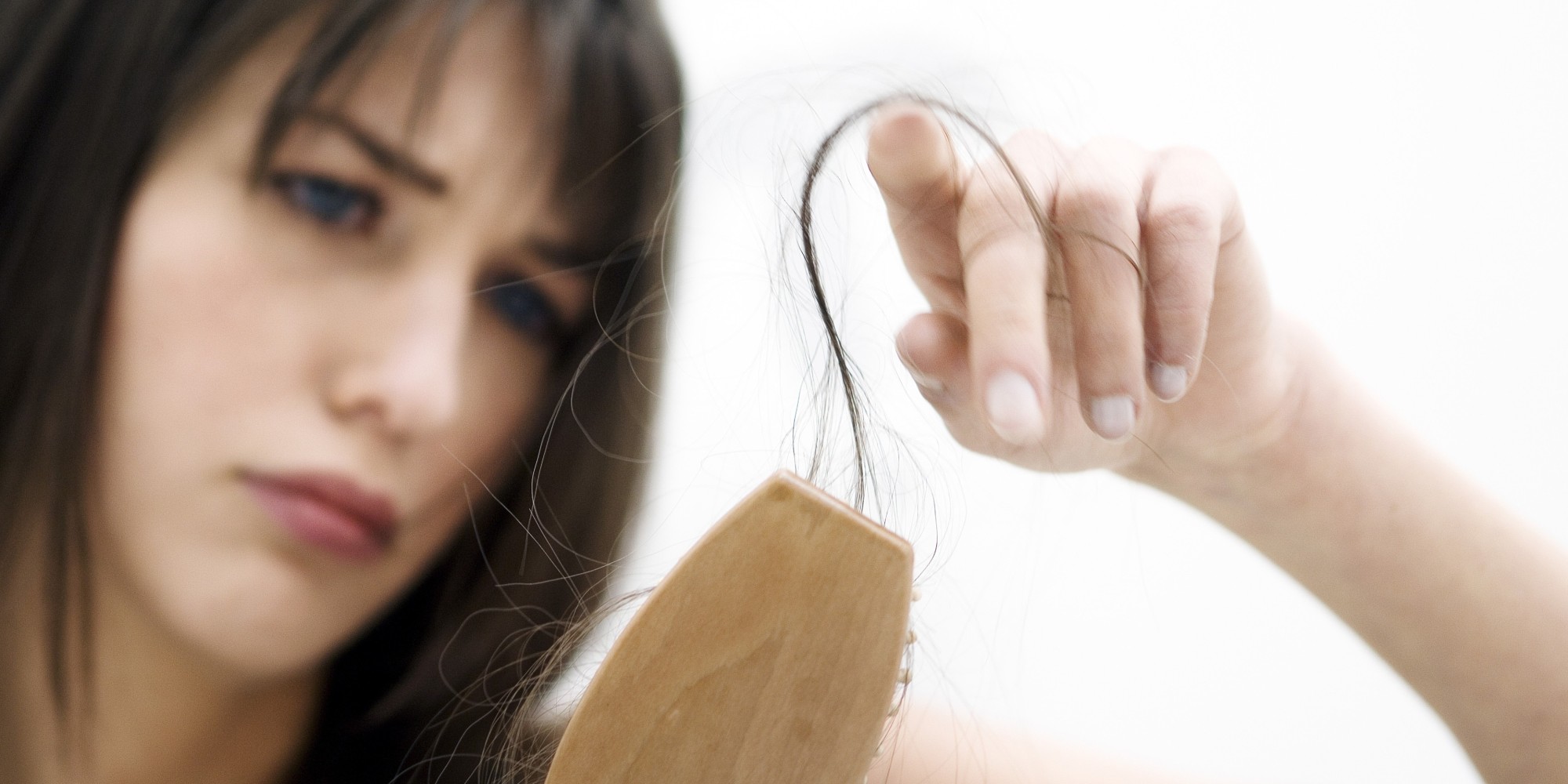
Hello doctor, I have hair loss after giving birth, especially during shampooing and combing hair. I didn’t face such problem after giving the first birth. However, starting from second birth, hair loss has become a problematic area. I still do breastfeeding, and my second baby is already 5 months old.
Q1: Why does hair loss occur after birth?
Postpartum hair loss refers to hair loss after women giving birth. This condition is more pronounced after about 4 to 6 months after childbirth. Generally, it is caused by hormone adjustment in the body.
During pregnancy, pregnant women have increased oestrogen levels, which extending the “lifespan” of hairs, thus keeping hairs from falling off for longer while. When the baby is born, the oestrogen level in the body begins to decrease, and the proportion of hormones gradually returns to the level before pregnancy.
When oestrogen level returns to normalcy. The effect of extended lifespan of hair, will start to wear off, thus causing more shedding of hairs. Meanwhile new hairs do not grow fast enough at the same time. This imbalanced of “supply & demand” will cause hair thinning.
Postpartum hair loss is mainly a physiological phenomenon and occurs most significantly after 3 to 4 months after delivery. It lasts for several months and usually recovers spontaneously within 6 to 12 months after delivery without special treatment.
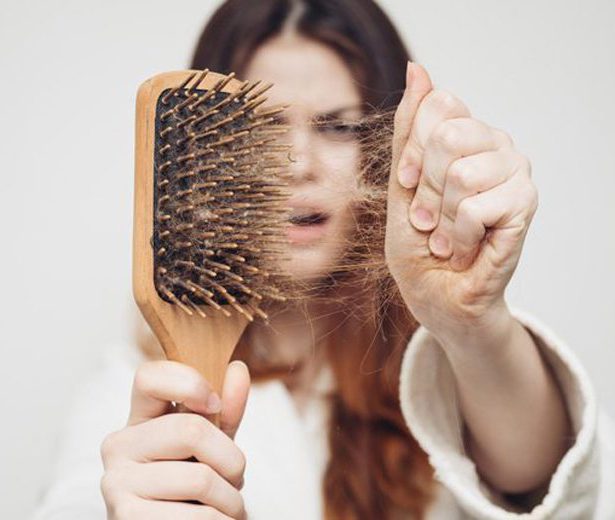
The reasons of postpartum hair loss :
- Hormone changes
The rate of hair replacement in women is closely related to the level of oestrogen in the body. During pregnancy, oestrogen increases, and hair loss slows; after pregnancy, oestrogen decreases, and hair loss accelerates. - Mental factors
After pregnancy, especially during the first pregnancy, some maternal women will have greater mental stress, especially in the face of infant crying, lack of their own sleep, and some women will have cerebral cortex dysfunction and autonomic nerves dysfunction. The nerves controlling the blood vessels of the hairs are also affected, resulting hair malnutrition and shedding. - Dietary factors
Postpartum lactation period, if the mother does not pay attention to diet, resulting in poor digestion and absorption, or diet is too monotonous, imbalanced, and even some mothers are over controlling their diet to restore their body shapes, thus resulting nutritional deficiencies. The growth and metabolism of hair will be affected, until hairs turn brownish and easy to break. - Nursing factors
Under the influence of traditional belief, some mothers do not dare to wash their hair and comb their hair during the confinement period. This causes sebum secretions and dust on the scalp to mix and accumulate, which affects both blood supply to the head and causes folliculitis or scalp infection. This increases the chance of hair loss.
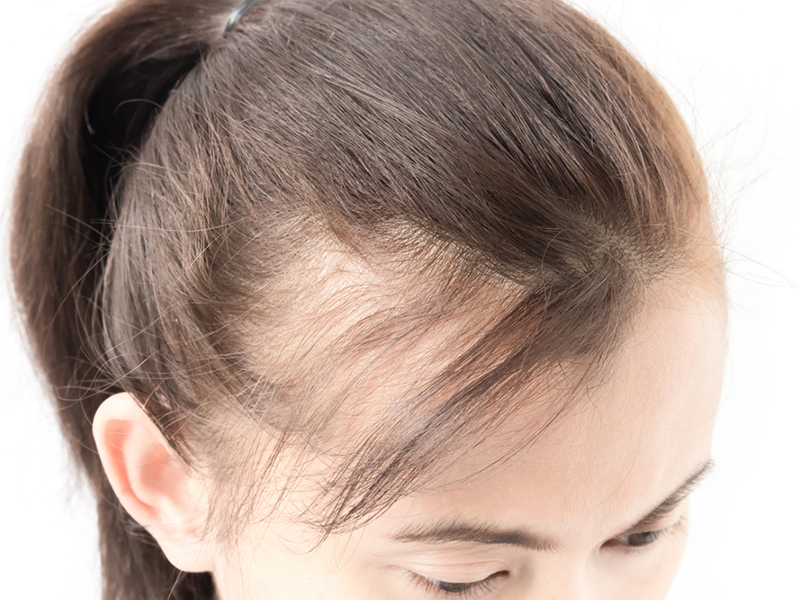
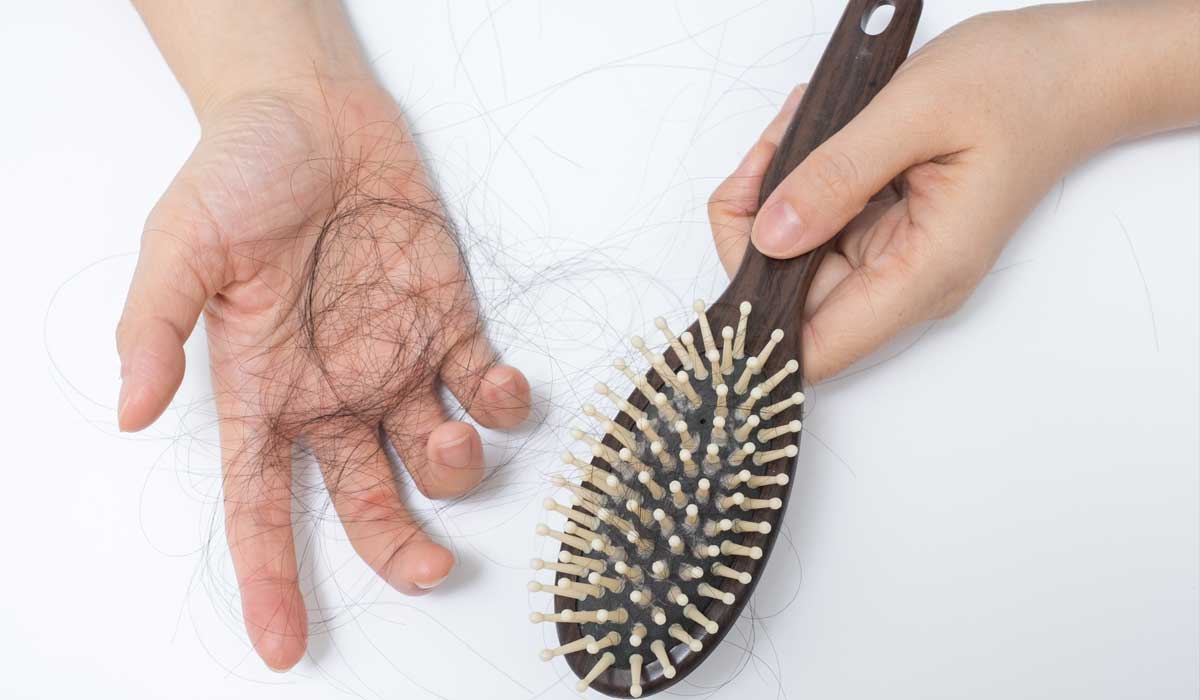
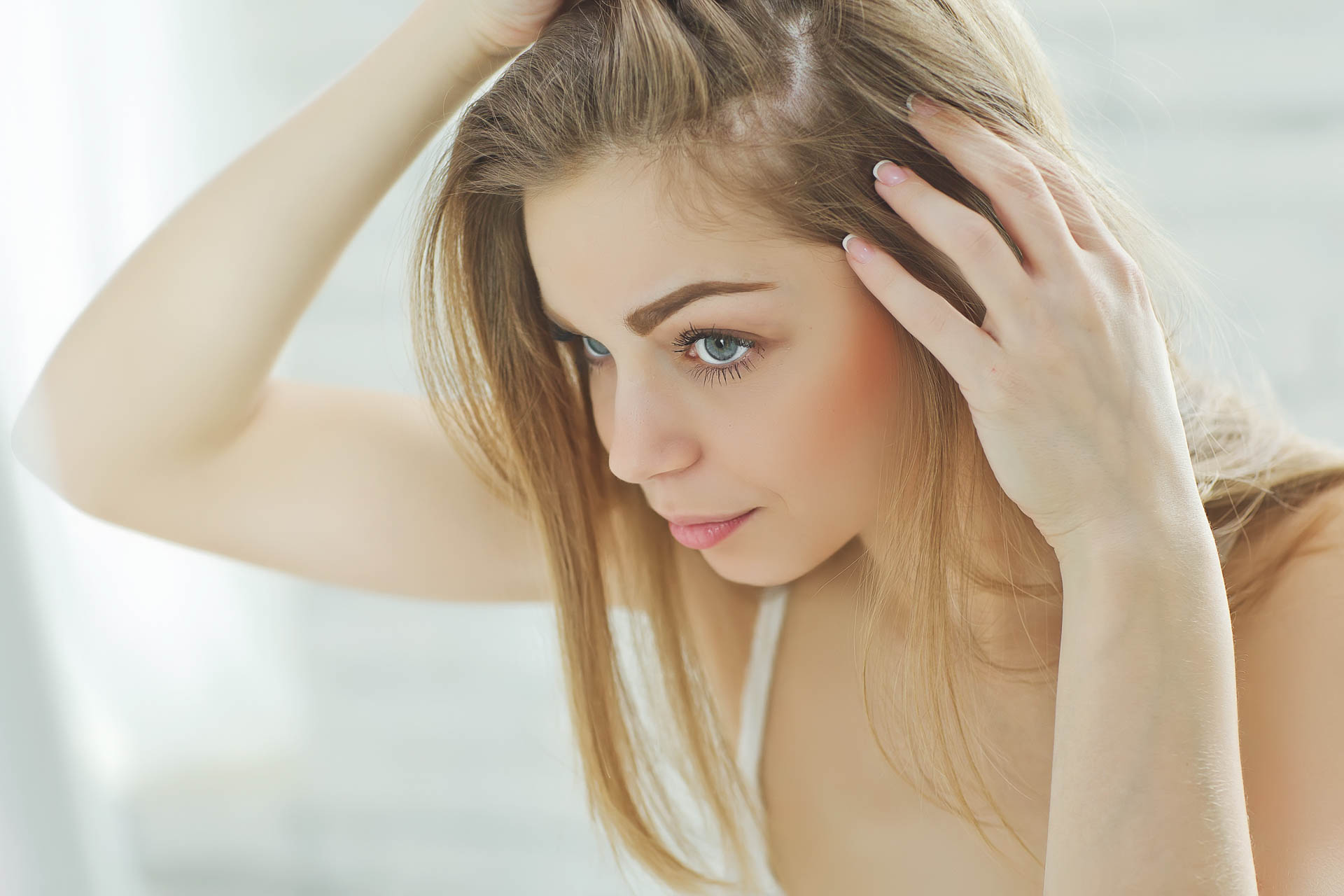
Q2: How do I prevent hair loss?
- Keep hair scalp clean
Regular shampooing to keep hair scalp clean and prevent accumulation of secretions is the most basic measure to prevent hair loss. - Try to avoid or reduce the number of perm and hair dyeing
Perms and hair dyes can sometimes damage the hair and make it easier to tear off the hair and cause hair loss. Therefore, it is recommended not to perm or dye hairs. - Pay attention to diet
Intake of balanced nutrition will reduce hair loss. - Other attention
Maintaining optimism, adequate sleep, and proper physical activity all help control postpartum hair loss.
Q3: What type of food is good for preventing postpartum hair loss?
- Supplement iron
Commonly-used foods rich in iron are soybeans, black beans, eggs, octopus, shrimp, cooked peanuts, spinach, squid, bananas, carrots, and potatoes. These foods can help reduce postpartum hair loss. - Supplemental vegetable protein
In the daily diet may wish to eat more foods containing methionine, such as soybeans, black sesame seeds, corn and so on. Protein is an important nutrient for hair. - Eat more vegetables and fruits
Fruits and vegetables rich in vitamins and trace elements, high-density antioxidants, can help reduce hair loss. - Iodine
Foods such as seaweed and oysters can also prevent hair loss. - Vitamin E Supplement
Vitamin E has the effect of resisting hair aging and promoting hair cell division. In addition, it can also promote hair growth. Lettuce, cyan cabbage, black sesame, etc. have a high content of vitamin E.





